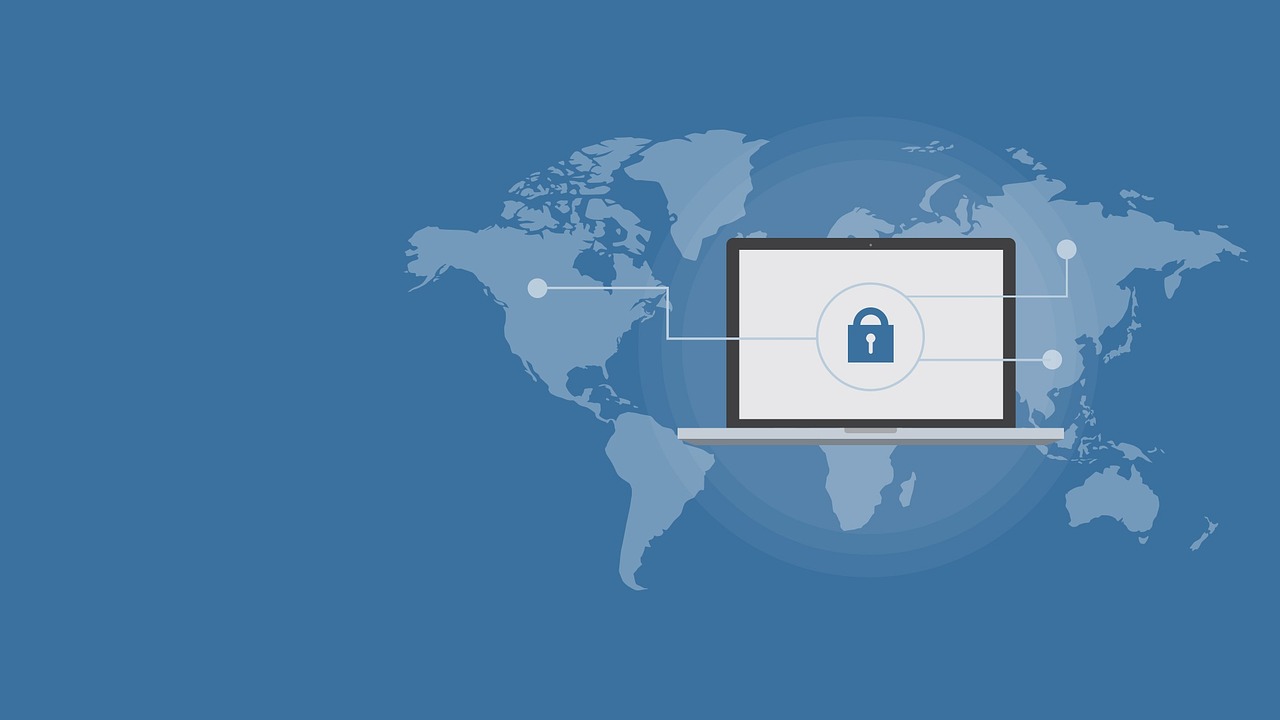In today's digital age, we are becoming more and more dependent on the Internet. However, sometimes we find ourselves unable to access certain websites or content, whether it's due to geo-restrictions, internet censorship or other reasons. Fortunately, using a virtual private network (VPN) can help you bypass these blocks and access restricted websites and content. This article will explain how a VPN can help you access blocked websites and explain why a VPN is an effective solution.

1. Across Geographic Restrictions
Geo-restrictions are when access to certain websites or services is limited to a specific region. For example, you may not be able to access popular video streaming platforms, social media sites, or news sites in a certain country or region. This is because these sites determine your geographic location based on your IP address and restrict access. By using a VPN, you can choose to connect to a server located in another region and change your IP address to that region's IP address. This allows you to bypass geo-restrictions and access blocked websites.
2. Protect privacy and anonymity
Using a VPN not only helps you access blocked websites, it also provides an additional layer of privacy and anonymity. When you connect to a VPN server, your data is encrypted through a tunnel that protects your online activity from prying eyes. In addition, the VPN hides your real IP address, making your identity and location even more invisible. This is especially important for users who want to protect their privacy, avoid being tracked or remain anonymous.
3. Eliminate Internet Censorship
In some countries, governments or Internet service providers may impose strict online censorship, restricting citizens' access to specific websites, social media platforms or news sources. This can have a negative impact on freedom of expression and access to information. By using a VPN, you can bypass this online censorship and securely access blocked websites and content. A VPN encrypts your data and transmits it through a remote server, bypassing censorship.
Your personal information and data may be at risk when using public Wi-Fi networks, which often lack proper security. Hackers can exploit vulnerabilities in public Wi-Fi to steal your sensitive information. Using a VPN enhances the security of public Wi-Fi by encrypting your data traffic, preventing others from stealing or monitoring your online activities.
5. Comprehensive Protection
In addition to helping you access blocked websites, a VPN offers comprehensive online protection. It prevents malware and ad trackers from invading your device, providing real-time threat protection. In addition, some VPN providers offer additional features such as firewall protection, malicious site blocking and ad blocking to further enhance your online security.
A VPN is a powerful tool that helps you access blocked websites and protect your online privacy and security. It accomplishes these goals by working across geographic boundaries, protecting privacy and anonymity, eliminating web censorship, enhancing the security of public Wi-Fi, and providing comprehensive protection. Choosing a reliable VPN service provider is important if you want to enjoy a freer, safer and unlimited online experience. Remember to choose a reputable, stable and secure VPN to ensure that your data and privacy are protected to the fullest extent.
 Email
Email